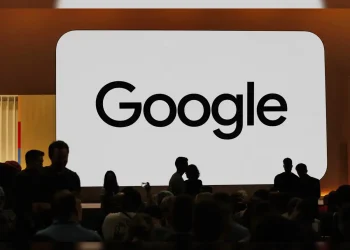Google Android app verification rollout
Google Android app verification will soon become mandatory for all developers, marking one of the company’s biggest security shifts yet. Starting in 2026, Google will require identity verification not only for Play Store publishers but for anyone distributing apps across Android’s global ecosystem. Unverified apps will eventually be blocked from installing on most Android-certified devices.
This step mirrors security practices seen in Apple’s iOS ecosystem and represents a major tradeoff between Android’s traditional openness and Google’s growing emphasis on security.
Why Google is enforcing developer checks
For years, the Play Store carried a reputation for weaker app safety compared to Apple’s App Store. Malicious actors often leveraged anonymity to push harmful apps. Since introducing Play Store developer verification in 2023, Google reports a sharp drop in fraud and malware. With apps sideloaded from third-party sources being 50 times more likely to contain malware, expanding verification outside the Play Store became inevitable.
Under the new policy, developers will use a streamlined Android Developer Console to register, verify their identity, and submit app details such as package names and signing keys. While Google won’t review app content or functionality, only verified developers will be able to distribute apps on certified Android devices.
Implementation timeline
Google plans to test the new system in October 2025, followed by global rollout phases:
- March 2026: Console open for all developers to begin verification.
- September 2026: Launch in Brazil, Indonesia, Singapore, and Thailand.
- 2027: Full global enforcement of Google Android app verification across all certified devices.
Devices without Google services, such as some Chinese builds of Android, will remain unaffected.
Tied to antitrust pressures
This security push arrives as Google faces antitrust challenges from Epic Games and others. Courts have ordered the company to allow competing app stores and rehost Play Store content elsewhere. While this may expand consumer choice, it also increases the risk of sideloaded malware. Google’s verification system ensures that, even as alternatives grow, it maintains oversight over developer legitimacy.
Still, critics argue this approach could centralize control under Google, creating a gatekeeping mechanism under the guise of safety. Developers may fear future changes that impose stricter requirements beyond simple ID verification.
What it means for users and developers
For users, Google Android app verification could lead to safer downloads and fewer risks of malicious software. For developers, it introduces a new administrative step but also a potential barrier. Without verification, apps won’t install on the majority of devices worldwide.
The unanswered question remains: what happens when someone tries to install a non-verified app? While Google hasn’t detailed the enforcement mechanism, it’s expected to be implemented via Play Services before the global rollout.
Conclusion
The upcoming Google Android app verification requirement is both a security milestone and a regulatory strategy. While it promises stronger protections against malware, it also signals a new era where Android’s openness may be significantly curtailed in favor of Google’s centralized oversight.













